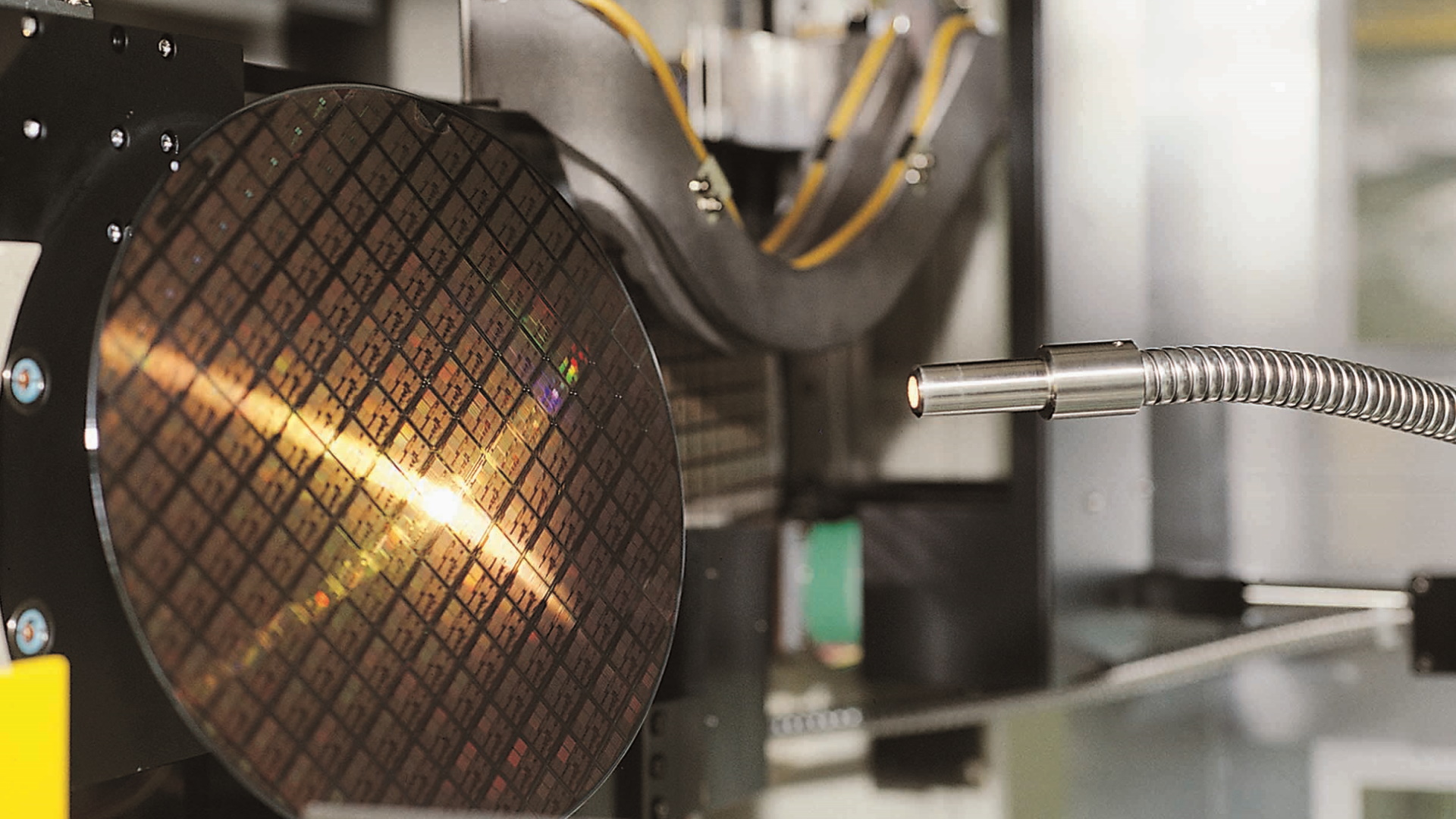TSMC claims some companies in the tech supply chain are stockpiling its chips
And that it's $100B investment in increased capacity is 'not going to be enough.'

TSMC is one of the largest manufacturers of chips in the world, making it also one of the biggest pressure points during a perceived chip shortage. Surely all it has to do is make more GPUs and CPUs and everyone will be happy? But with companies potentially stockpiling its chips, things are not as simple as that.
"There are people definitely accumulating chips who-knows-where in the supply chain," says TSMC Chairman, Mark Liu, in an interview with Time (via Techpowerup). The suggestion is that more TSMC chips have been going into factories than products have come off the production line bearing them.
This data has come from Liu encouraging his staff to essentially run audits on TSMC's clients to determine which companies had the most acute need of the finite supply of its chips, and which could be considered as stockpiling TSMC silicon. Based on this information it is reported that TSMC had to delay orders to some valued clients in order to satisfy more desperate need elsewhere.
"Sometimes [customers] may not be satisfied," he says, "but we just have to do what's best for the industry."
That's quite a claim given the clients TSMC has on its books; the likes of Apple, AMD, Nvidia, Qualcomm, and even Intel. But, as candid as Liu seems to be in the Time interview, he doesn't go so far as to divulge exactly who might be stockpiling, and who the company had to disappoint when it came to reallocating supply.
I certainly doubt whether Liu would have really gone to Apple to explain it was funnelling a few more chips towards some carmaker than for its shiny new tablets and sparkle phones. But then I also doubt Apple really needs to stockpile either.
Liu's comments on investment around the globe, aimed at trying to solve the world's reliance on TSMC's chip production, and increase localised semiconductor manufacturing, suggests this is not necessarily the answer.
Keep up to date with the most important stories and the best deals, as picked by the PC Gamer team.
"Semiconductor localization will not increase supply-chain resilience," says Liu, and that it may actually "degrade resilience."
That's because silicon manufacturing alone is not the final word in tech production. With other parts of the supply chain, chip packaging, and finished silicon being finally dropped into actual products all distributed around the US, Taiwan, Southeast Asia, and China, there is no one pain point that can be fixed to solve the current crisis.

Windows 11 review: what we think of the new OS
How to install Windows 11: safe and secure install
What you need to know before upgrading: things to note before downloading the latest OS
Windows 11 TPM requirements: Microsoft's strict security policy
Still, the US is investing some $50 billion into semiconductor competitiveness, the European Commission is committing to hit a 20% share of global production, and South Korea is aiming to drive up domestic chip production with its own incentives, all to catch up with TSMC. But it's not standing still with a $100 billion investment of its own over the next three years to increase production capacity.
But such is the worrying state of the supply chain crisis, and the expected exponential growth in demand over the next few years "the more I look at it," says Liu, "it’s not going to be enough."
Which is definitely not what you want to hear from the biggest chip supplier out there...

Dave has been gaming since the days of Zaxxon and Lady Bug on the Colecovision, and code books for the Commodore Vic 20 (Death Race 2000!). He built his first gaming PC at the tender age of 16, and finally finished bug-fixing the Cyrix-based system around a year later. When he dropped it out of the window. He first started writing for Official PlayStation Magazine and Xbox World many decades ago, then moved onto PC Format full-time, then PC Gamer, TechRadar, and T3 among others. Now he's back, writing about the nightmarish graphics card market, CPUs with more cores than sense, gaming laptops hotter than the sun, and SSDs more capacious than a Cybertruck.

